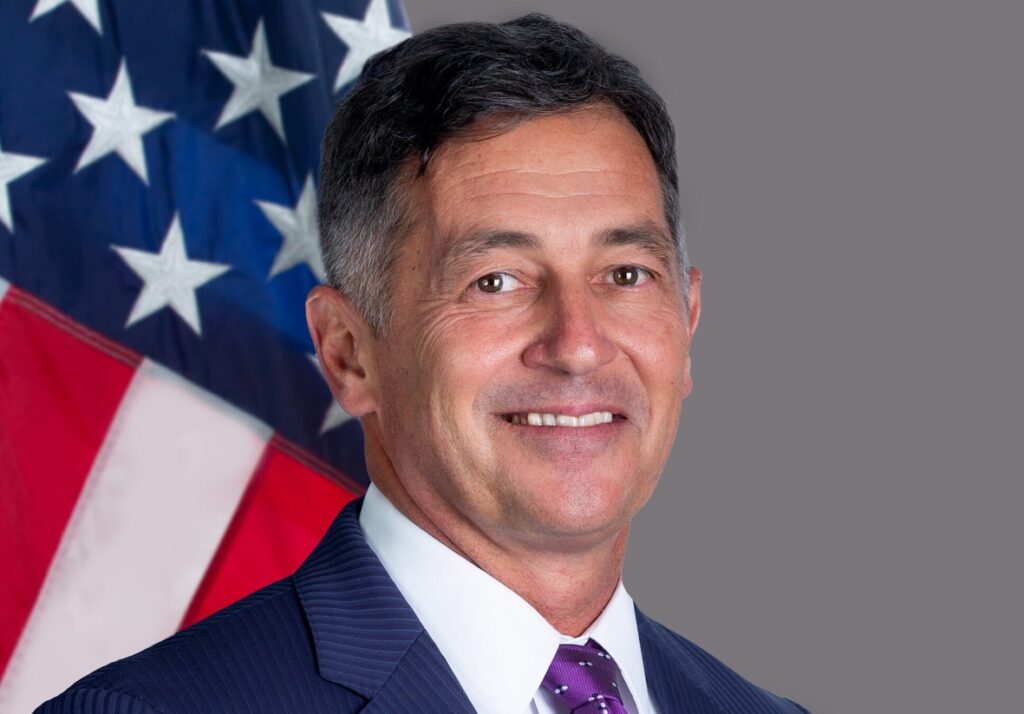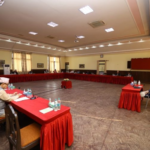Kathmandu, April 29
According to US Ambassador to Nepal Randy Berry, Americans recognize Nepalis by four
characteristics.
Berry said in a statement released on Friday on the 75th anniversary of the establishment of diplomatic ties between Nepal and the United States that the US and Nepal had stayed by one other through decades of change in both nations.
”The American people know Nepalis as people who have made admirable advances in medicine and science, who have scaled almost impossible heights as mountaineers, who have served in the United Nations peacekeeping force respectfully and bravely, and who have enriched world heritage through their vast diversity of arts and culture,” Berry said.
He stated that Nepal’s connection with the United States has lasted for centuries and would continue to do so.
Since the beginning of the partnership, the US has aided Nepal in a variety of ways, according to Ambassador Berry. ”The United States’ historic aid to Nepal’s health sector reflects the positive outcomes of our collaboration.” Malaria affected around 25% of the population in the 1950s.
The US government-backed the malaria control effort through USAID, and by 1968, the global malaria patient population had reduced from 2 million to 2,468, according to Berry.
Since the outbreak began two years ago, the US has supplied Nepal with about 3.8 million Covid-19 vaccinations and more than 124.8 million Covid assistance.
He emphasized that the Nepal Compact Agreement, authorized by the Millennium Challenge Corporation in February, will assist modernize Nepal’s energy and transportation sectors, benefiting more than 23 million Nepalese citizens.
”The United States recognizes Nepal’s long and glorious history. The Ambassador’s Fund for Cultural Preservation is a program that aids in the preservation of cultural heritage across the world. Over the course of over two decades, the program has funded over 3.8 million in 25 cultural preservation projects in Nepal. The rehabilitation of Kathmandu’s beautiful Gaddi Baithak is one among the program’s outcomes,” added Berry.
”This multi-generational US-Nepal relationship is built on people-to-people relations,
sovereignty, and democratic ideals,” he stated.
We need to handle difficult topics like the climate crisis and protecting democracy from
increasing authoritarianism now more than ever. ”We look forward to collaborating and reaping the advantages of our relationship, which has lasted generations,” the statement read.




